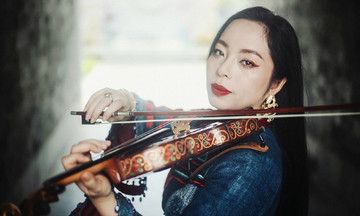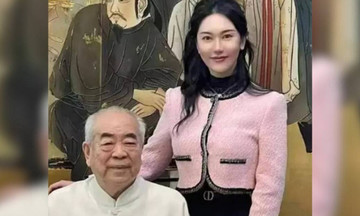The father of analytical psychology, Swiss psychiatrist Carl Jung (1875-1961), developed many theories about human nature, including concepts like the "collective unconscious," "archetypes" (ego, persona, anima and animus, the shadow), and dream interpretation. His research spanned human history, exploring diverse topics from mythology to politics, attracting millions of readers worldwide.
According to culture writer Arun Starkey of Far Out magazine, Jung's work has not only impacted modern psychiatry but has also permeated popular culture. In 2023, Starkey published "The Wide-Reaching Impact of Carl Jung on Culture," highlighting works influenced by Jung's ideas.
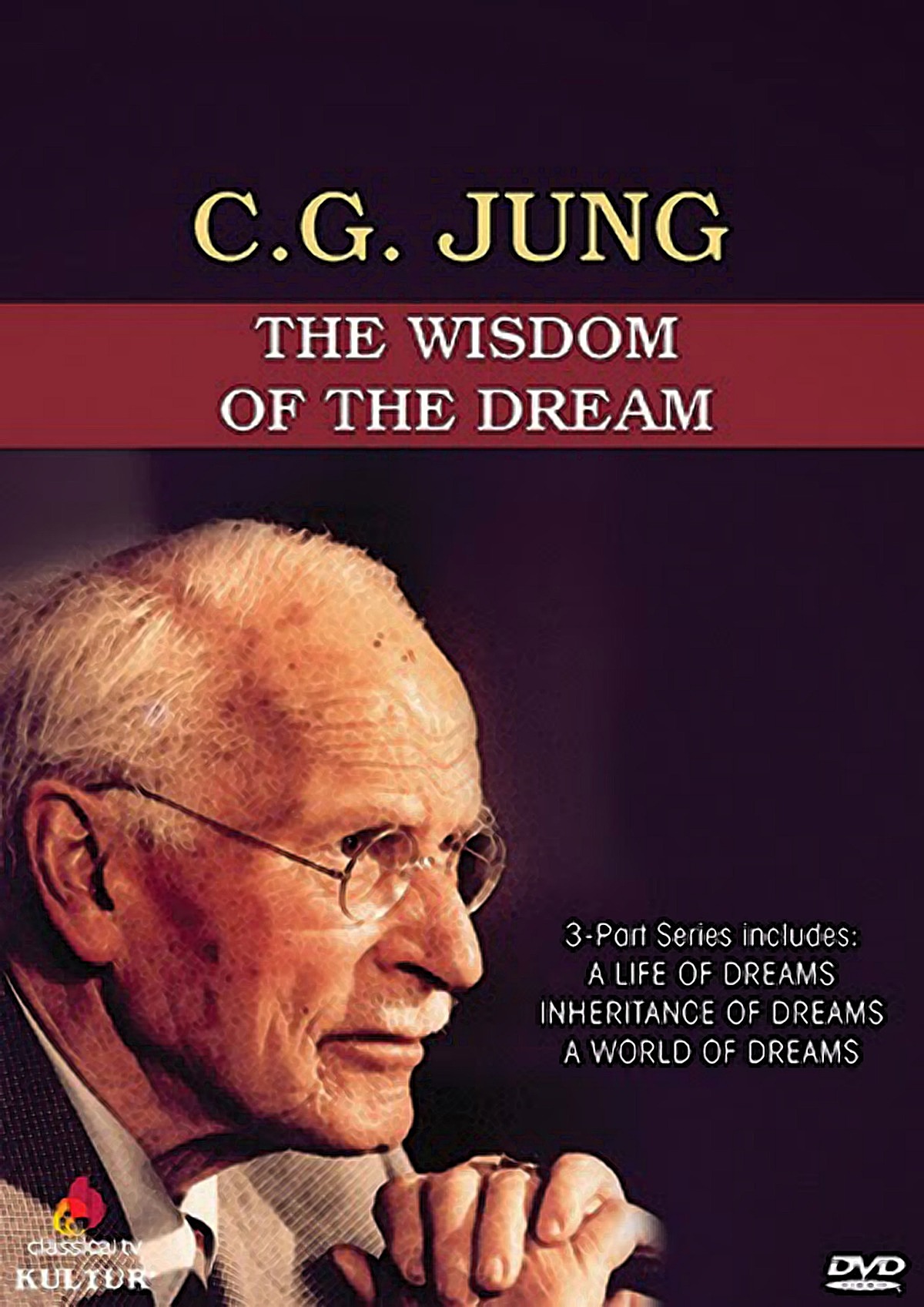 |
Portrait of Carl Jung on the cover of the documentary film "C.G. Jung: The Wisdom of the Dream" (1989). Photo: IMDb |
Portrait of Carl Jung on the cover of the documentary film "C.G. Jung: The Wisdom of the Dream" (1989). Photo: IMDb
In literature, one of the most prominent figures influenced by Jung's philosophy is German writer and poet Hermann Hesse (1877-1962). Hesse, the 1946 Nobel Prize winner in Literature, is best known for his novels "Siddhartha" (1922) and "Steppenwolf" (1927), both of which have been translated into Vietnamese.
Before encountering Jung, Hesse's life was marked by several tumultuous events. During World War 1, he sparked controversy by urging intellectuals not to fall into the trap of "nationalist fever" and hatred. He lost friends, endured attacks from the press, and received countless letters of criticism. His father's death in 3/1916, coupled with his son's serious illness and his wife's schizophrenia, plunged him into a deep depression. He left the military and began psychotherapy.
These tragic events proved to be a turning point in Hesse's life and career. He became fascinated with the then-developing field of psychoanalysis, guided by Joseph Lang, a student of Carl Jung. This led to his acquaintance with Jung, a connection that propelled his creativity to new heights, notably influencing his novel "Demian" (1919), written under the pseudonym Emil Sinclair. This coming-of-age novel focuses on the psychological and moral development of its protagonist.
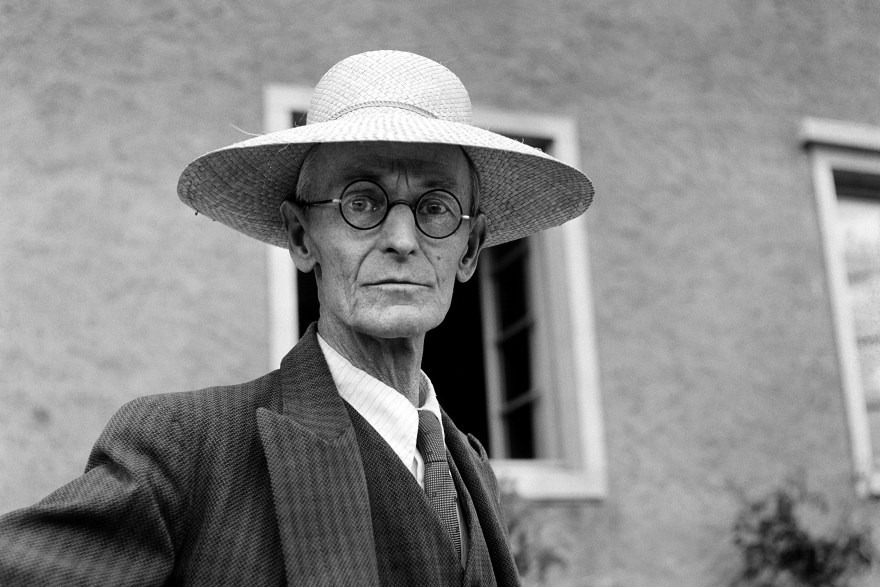 |
Portrait of Hermann Hesse. Photo: Keystone |
Portrait of Hermann Hesse. Photo: Keystone
According to Far Out, "Demian" is replete with Jungian archetypes and symbolism, reflecting Hesse's own psychoanalysis by Jung and his student. This process helped Hesse understand his adolescent struggles, including the inner conflict between his carnal instincts and his parents' strict upbringing.
Another author influenced by Jung is Polish writer Olga Tokarczuk, the 2018 Nobel Laureate in Literature. Among her notable works are "The Books of Jacob" and "Drive Your Plow Over the Bones of the Dead." Her books have been translated into numerous languages, including Vietnamese, English, French, German, Spanish, Italian, Chinese, and Japanese. Her 1995 novel, "E.E," was inspired by Jung's 1902 study "On the Psychology and Pathology of So-Called Occult Phenomena."
Music has also been significantly impacted by Jung, with David Bowie (1947-2016) being a prime example. According to Starkey, Bowie used his art to explore Jungian philosophy long before he achieved fame. His songs "Shadow Man" (1967) and "Glass Spider" (1987) are based on Jung's Shadow and Mother archetypes, respectively.
In 2013, Australian artist and psychotherapist Tanja Stark published the essay "Crashing Out With Sylvian: David Bowie, Carl Jung And The Unconscious." The essay's title is taken from Bowie's 1973 song "Drive-In Saturday" from the album "Aladdin Sane."
Stark's essay quotes multimedia artist Tony Oursler, a longtime friend of Bowie and director of his music video "Where Are We Now?" (2013), on the strong connection between Bowie and Jung. Oursler stated, "David Bowie lived in the archetypal world of Carl Jung, reading and speaking about him with enthusiasm."
David Bowie performing "Drive-In Saturday" in Paris in 1999. Video: YouTube/ David Bowie
Jung's influence extends to K-pop. In 2019, the group BTS released the album "Map of the Soul: Persona," based on psychologist Murray Stein's 1998 book "Jung's Map of the Soul: An Introduction." The book provides a foundation in the basic principles of analytical psychology.
According to the BBC, not only does the album title reflect Jungian concepts, but the lyrics also delve into psychological concepts, the collective unconscious, and especially the idea of the Persona, one of Jung's archetypes. In an interview with the BBC, Stein explained that in Latin, "persona" refers to the mask worn by an actor on stage. He further suggested that we all "wear masks" in public due to the need for social integration.
In the song "Intro: Persona," BTS leader RM raps, "'Who am I?' is the question I've been asking myself my whole life. And I'll probably never find the answer." The BBC interpreted this as a commentary on how public praise can prevent self-reflection and an understanding of one's true self.
Excerpt from RM's "Intro: Persona" music video. Video: YouTube/ Hybe Labels
In the visual arts, American abstract expressionist painter Jackson Pollock (1912-1956) is considered one of the most influenced by Jung. Pollock is known for his drip painting technique, creating complex swirls of color with indistinguishable layers. In 2009, Time magazine ranked him 7th in its list of the 10 greatest painters of the 20th century.
From 1938 to 1942, Pollock underwent Jungian therapy for alcoholism under the guidance of Doctors Joseph L. Henderson and Violet Staub de Laszlo. During his treatment with de Laszlo, he was encouraged to draw as a form of emotional expression. Later, Pollock incorporated Jungian theories and archetypes into his paintings.
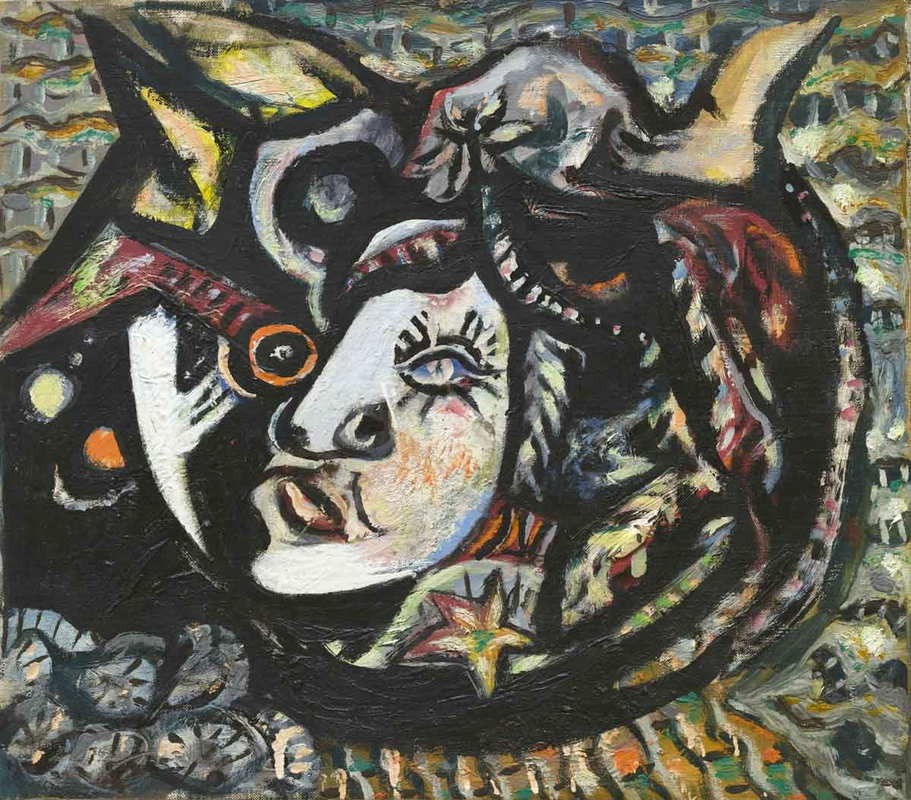 |
Jackson Pollock's "The She-Wolf" (1943). Photo: MoMA |
Jackson Pollock's "The She-Wolf" (1943). Photo: MoMA
In film, Jung has inspired filmmakers such as Italian director Federico Fellini (1920-1993) during the postmodern era from the 1960s, and American director Stanley Kubrick (1928-1999). More recently, Robert Eggers' "The Lighthouse" (2019), starring Robert Pattinson and Willem Dafoe, drew inspiration from Jung. Eggers described the project as "a film that both Jung and Freud could watch and eat their popcorn to with gusto."
Trailer for "The Lighthouse" (2019). Video: A24
According to Starkey, these works and artists represent only the tip of the iceberg regarding Jung's cultural influence. He concludes, "As new generations read his research and derive new meanings within the context of a changing world, these ideas will permeate even deeper into the fabric of society."
Carl Gustav Jung was born into a family of German pastors who settled in Switzerland. Some of his notable books include "Psychological Types" (1921), "Aion: Researches into the Phenomenology of the Self" (1951), "Man and His Symbols" (1964), and his autobiography, "Memories, Dreams, Reflections."
Trinh Lam (adapted from Far Out)






